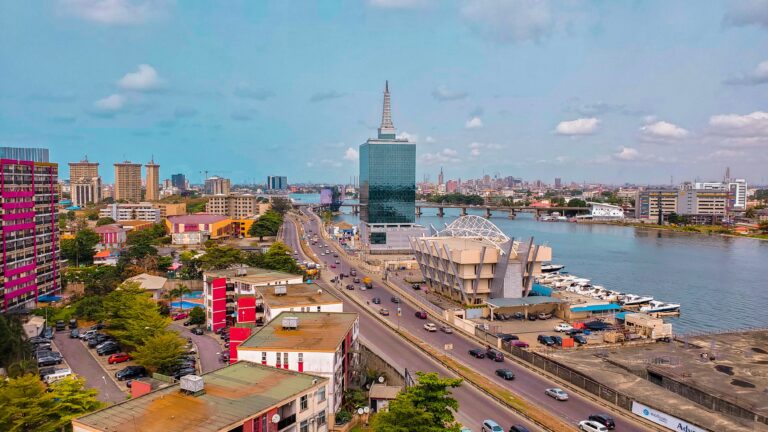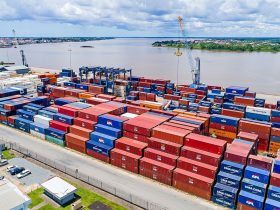
Nigeria’s main businesses
Nigeria, Africa’s largest economy and most populous nation, has a diverse business landscape driven by its vast natural resources, youthful population, and strategic geographic location. Below is an overview of Nigeria’s main businesses and sectors:
1. Oil and Gas Industry
The oil and gas sector is the backbone of Nigeria’s economy, accounting for about 90% of export revenues and a significant portion of government income. Nigeria is the largest crude oil producer in Africa, with key players including international companies like Shell, ExxonMobil, and Chevron, as well as indigenous firms such as Seplat and Oando. The Niger Delta region, rich in oil reserves, drives the industry’s activities, although challenges like oil theft and environmental concerns persist.
2. Agriculture
Agriculture remains a vital business sector, employing over 70% of Nigeria’s workforce and contributing significantly to GDP. Key agricultural products include cocoa, cassava, yams, maize, rice, and palm oil. Cocoa farming, in particular, positions Nigeria among the world’s top producers. Agribusiness is witnessing increased investments, especially in technology-driven farming, supported by government initiatives like the Anchor Borrowers’ Program.
3. Financial Services
Nigeria boasts a dynamic financial sector, led by a robust banking system, insurance companies, and fintech startups. Major banks such as GTBank, Zenith Bank, and Access Bank dominate, while fintech innovators like Flutterwave and Paystack are transforming payment systems, enabling financial inclusion for millions. The Lagos Stock Exchange is a central hub for investment and trading.
4. Telecommunications and Technology
The telecommunications sector is one of Nigeria’s fastest-growing industries. Providers like MTN Nigeria, Airtel, Glo, and 9mobile offer extensive mobile and internet services. The technology ecosystem, often referred to as “Silicon Lagoon,” is thriving, with Lagos serving as a hub for startups. Companies like Andela, Konga, and Jumia have put Nigeria on the global tech map.
5. Entertainment and Media (Nollywood)
Nigeria’s entertainment industry, particularly Nollywood, is the second-largest film industry globally in terms of output. It generates over $7 billion annually. The music scene is equally vibrant, with artists like Burna Boy, Wizkid, and Davido achieving international acclaim. Media and advertising are also booming, driven by the growing influence of digital platforms.
6. Real Estate and Construction
The demand for residential and commercial properties is growing rapidly in urban areas like Lagos, Abuja, and Port Harcourt. Companies such as Dangote Group and international construction firms are heavily invested in building infrastructure, including housing, roads, and industrial facilities.
7. Retail and Consumer Goods
The retail industry in Nigeria is expanding, with malls and e-commerce platforms revolutionizing shopping habits. Companies like Shoprite, Spar, and Jumia cater to the growing middle-class population, offering both local and imported goods.
8. Manufacturing and Industrial Goods
The manufacturing sector is crucial for economic diversification. Industries like cement production (led by Dangote Cement), beverages (e.g., Nigerian Breweries), and textiles play a key role. Efforts to boost local production have gained traction under initiatives like “Made in Nigeria”.
9. Mining and Solid Minerals
Beyond oil, Nigeria is rich in natural resources like limestone, coal, tin, and gold. The government is encouraging investments in mining to diversify export revenues.
10. Transportation and Logistics
Transportation businesses, including ride-hailing apps like Bolt and Uber, dominate Nigeria’s urban mobility. Logistics companies are booming, driven by e-commerce growth.
Conclusion
Nigeria’s business environment is vast and dynamic, offering opportunities in traditional sectors like oil and agriculture and emerging ones such as fintech and entertainment. Despite challenges such as infrastructure deficits and security concerns, the entrepreneurial spirit of Nigerians and ongoing reforms position the country as a hub for economic growth in Africa.



Leave a Reply